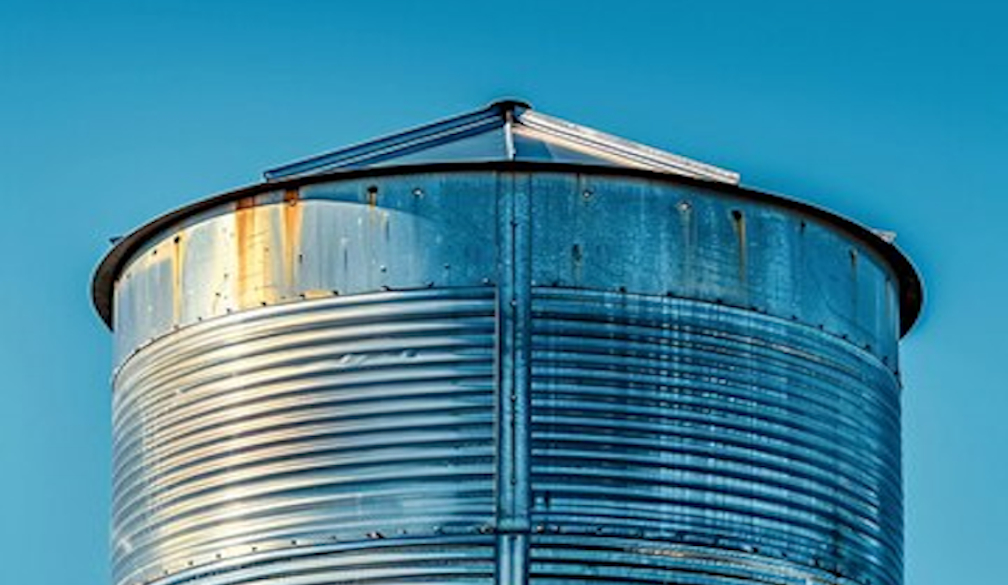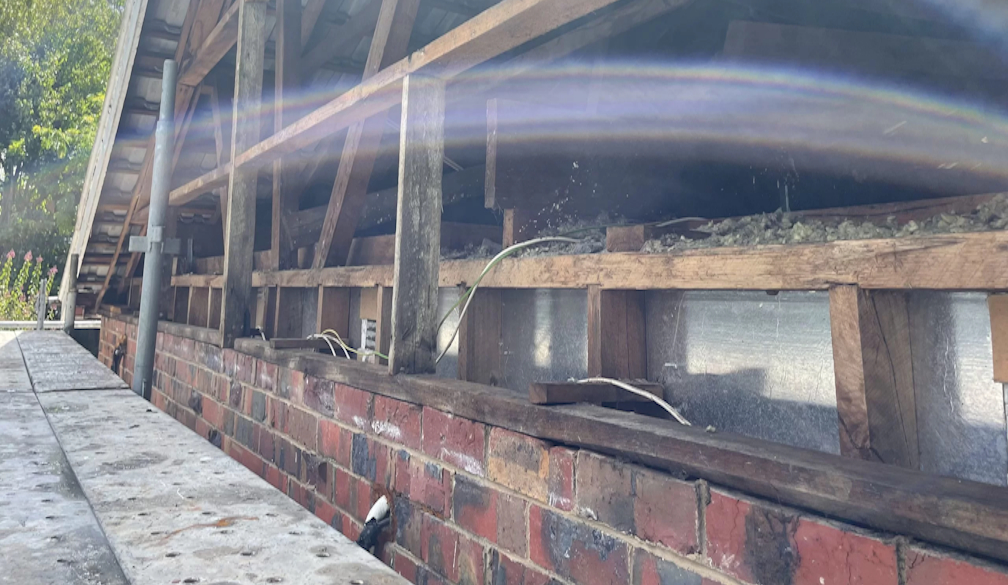How Rainwater Tanks Can Contribute to Sustainable Living
- Written by The Post

Rainwater tanks are increasingly recognised as a key component of sustainable living in Australia. By capturing and storing rainwater, these tanks offer a practical way to reduce reliance on mains water supplies, lower utility costs, and contribute to environmental conservation. If you’re considering integrating rainwater tanks into your home, here’s how they can support a more sustainable lifestyle.
1. Reducing Demand on Mains Water Supplies
One of the primary benefits of rainwater tanks is their ability to reduce the demand on municipal water supplies. By harvesting rainwater for non-potable uses such as garden irrigation, toilet flushing, and washing clothes, you decrease your household's reliance on treated mains water. This not only conserves valuable water resources but also alleviates pressure on local water infrastructure, particularly during periods of drought or high demand.
2. Lowering Water Bills
Rainwater tanks can lead to significant savings on your water bills. By using harvested rainwater for various household tasks, you reduce the amount of water you purchase from your utility provider. This is especially beneficial in areas with high water rates or stringent water restrictions. The savings on water bills can offset the initial cost of installing a rainwater tank and ongoing maintenance, making it a cost-effective solution in the long run.
3. Enhancing Garden Health
Rainwater is often considered superior to tap water for gardening. It is free from chemicals such as chlorine and fluoride, which are commonly found in treated water. This makes rainwater better for soil health and plant growth. By using rainwater to irrigate your garden, you can improve plant vitality and soil structure while reducing the need for chemical fertilisers. Additionally, rainwater is often softer and contains more nutrients that benefit plant growth.
4. Supporting Stormwater Management
Rainwater tanks play a crucial role in managing stormwater runoff, which can lead to erosion, pollution, and flooding. By capturing rainwater before it enters stormwater drains, you help reduce the volume of runoff that can overwhelm drainage systems and contribute to environmental degradation. This proactive approach helps mitigate the impact of heavy rainfall on urban areas and supports more sustainable urban water management.
5. Reducing Environmental Impact
Integrating rainwater tanks into your home contributes to a reduction in your overall environmental footprint. By reusing rainwater, you decrease the amount of water that needs to be treated and transported, which in turn lowers energy consumption and greenhouse gas emissions associated with water supply systems. Additionally, rainwater harvesting supports the conservation of natural water bodies and ecosystems by reducing the demand on these resources.
6. Providing a Backup Water Supply
Rainwater tanks offer a valuable backup water supply in case of emergencies or disruptions to the mains water supply. Whether due to natural disasters, infrastructure failures, or water shortages, having a reserve of stored rainwater ensures that you have access to water for essential needs. This can be particularly important in areas prone to water scarcity or in households that require a reliable water source.
7. Enhancing Home Resilience
Incorporating rainwater tanks into your home’s design enhances its resilience to climate variability and water scarcity. By diversifying your water sources and relying on rainwater, you are less vulnerable to fluctuations in mains water availability. This can be especially advantageous in regions experiencing frequent droughts or water restrictions, providing a stable and sustainable solution for your household’s water needs.
8. Encouraging Sustainable Practices
Installing a rainwater tank encourages sustainable living practices and raises awareness about water conservation. It demonstrates a commitment to environmental stewardship and can inspire others to consider similar measures. By adopting rainwater harvesting, you contribute to a broader culture of sustainability and conservation, promoting responsible water use within your community.
9. Improving Water Quality
Rainwater is generally cleaner than treated water because it is naturally filtered through the atmosphere before reaching the ground. When properly collected and stored, rainwater can be of high quality, suitable for various household uses. Implementing filtration systems and regular maintenance ensures that the collected rainwater remains clean and safe for use, further enhancing the benefits of your rainwater tank.
Conclusion
Rainwater tanks are a valuable tool in promoting sustainable living and environmental conservation. By reducing reliance on mains water supplies, lowering water bills, enhancing garden health, and supporting stormwater management, these tanks contribute to a more sustainable and resilient home. Embracing rainwater harvesting not only benefits your household but also supports broader efforts towards water conservation and environmental stewardship. For those committed to sustainable living, rainwater tanks offer a practical and effective solution to managing water resources responsibly.









